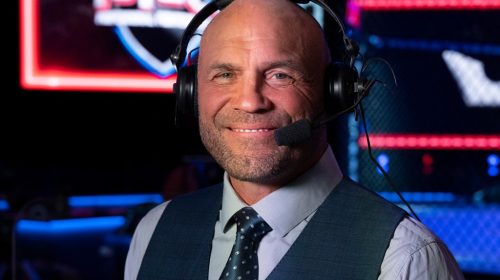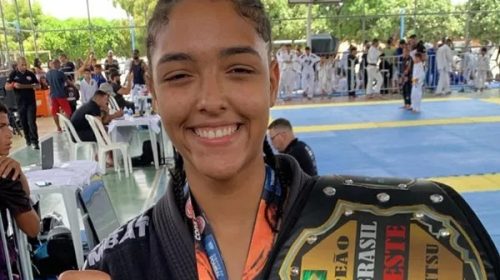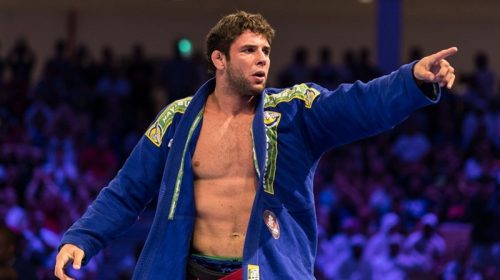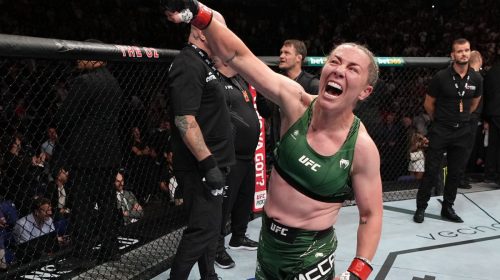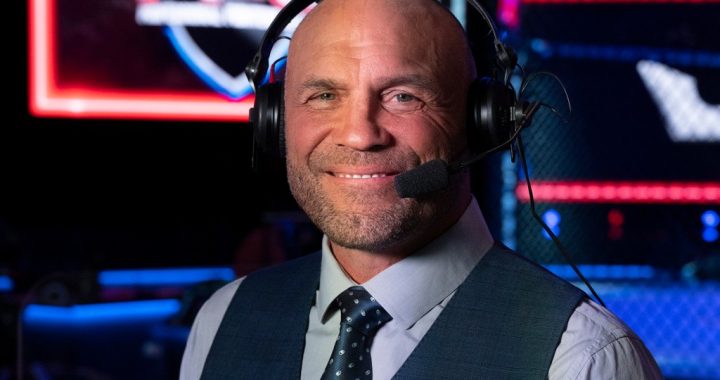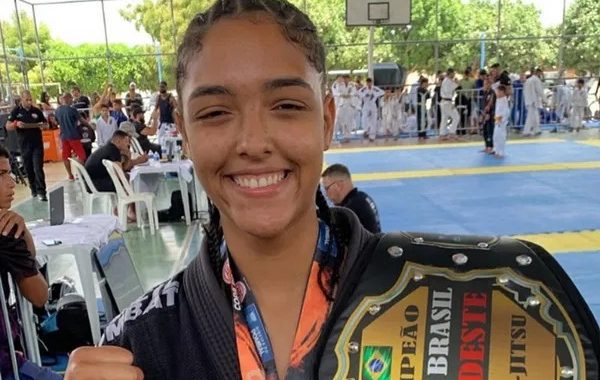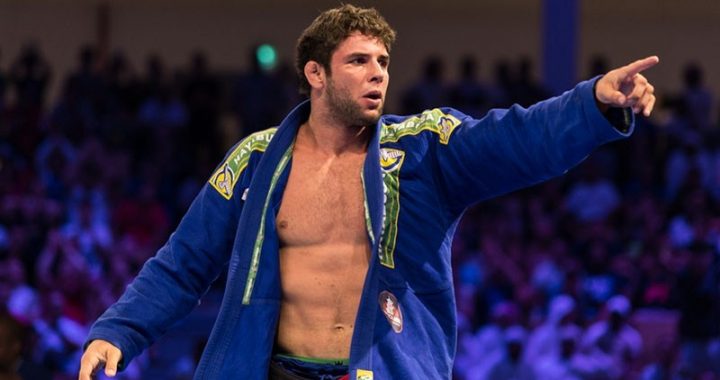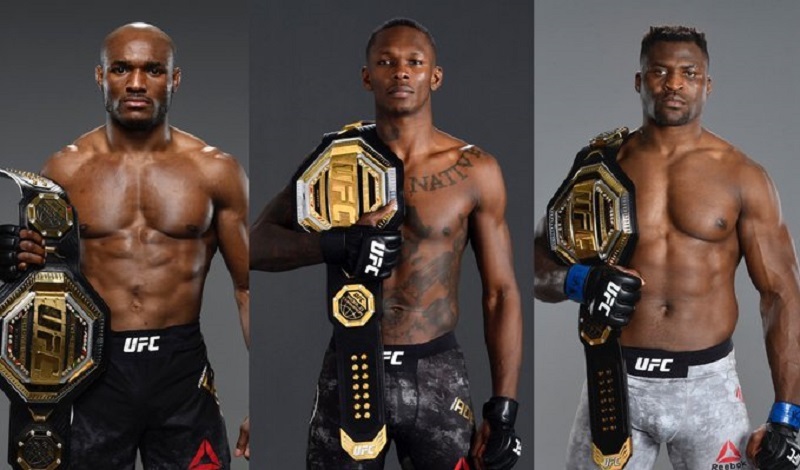
The Internationalization of the UFC
UFC 260 saw the birth of a new champion in Francis N’Gannou. Many saw it as a long time coming. The Cameroon native was one of the most fearsome fighters the octagon has ever seen. But the arrival of N’Gannou means much more for the UFC. While he’s not the first champion from Africa, N’Gannou marks the furthering of the UFC brand internationally.
For the majority of the history of the UFC, it was primarily dominated by American fighters with the common Brazilian thrown in. But the promotion has made great efforts to internationalize after the market in the US and Brazil was virtually saturated. Growth in the two countries has likely slowed down and getting a foothold in big and untapped markets has proven to be much easier for Dana White and company.
This article was originally called The Internationalization Of MMA until I realized that wasn’t true. Mixed martial arts is commonplace all across the world. It’s specifically the UFC brand. It’s growth and dominance in almost any market it enters.
The UFC and it’s international stable of champion
Champions in the UFC currently represent the following countries: China, Kazakhstan, United States, Australia, Poland, Cameroon and two from Brazil and Nigeria. Before the pandemic, the UFC has had plans to host major events in China and Russia among other places. The promotion has become much more aggressive in foreign markets, stacking them with native fighters to put fans in the seats while packing the top with budding stars.
This has led to a ballooning roster and divisions becoming stagnant, sure. But not enough to warrant any concern yet. What it has done has got the promotion in front of a new audience, making new fans across the globe.
We saw that this weekend in Cameroon after N’Gannou knocked out Miocic. Check out the video below:
The UFC growing into new markets will bring in fans from across the globe. It will expose the fans to tomorrow’s stars like Sean O’Malley, Ilia Topuria, and Deiveson Figueiredo by cross pollination. Growing these stars will grow profits for the UFC and hopefully get the new stars paid more in the future.
International representation is also important for the growth of a sport at an amateur level. The Olympic Games is the ultimate goal for amateur MMA. The IMMAF is taking it on their shoulders to grow the sport to that point but even they admit it’s hard without the UFC’s backing, which they are already receiving. Growing the sport at a professional level will get younger athletes involved, growing the popularity of the sport at a lower level. With further amateur support across more and more counties, the Olympic Games are bound to happen for mixed martial arts, making the level at the amateur level that much higher.
The growth of the UFC internationally is important for the future of the sport. We’ve seen the push the NBA has made into foreign markets and should the UFC find success abroad, look for an explosion of growth and new waves of top tier athletes from many more countries.





